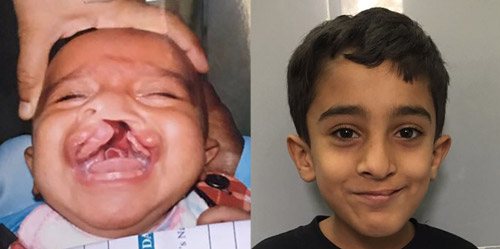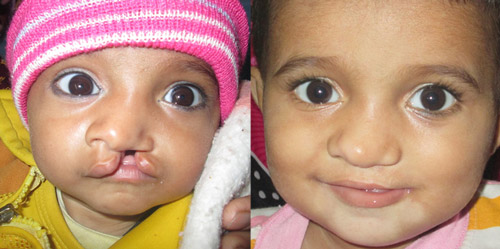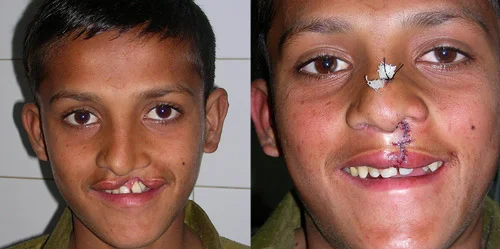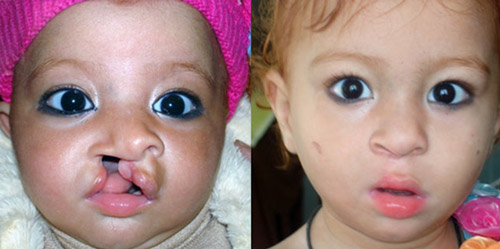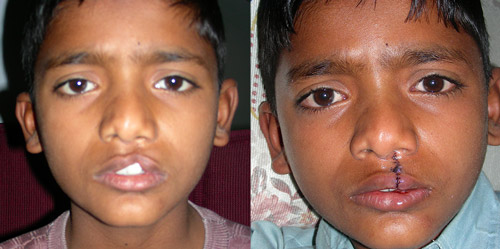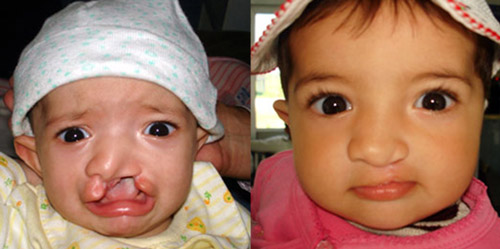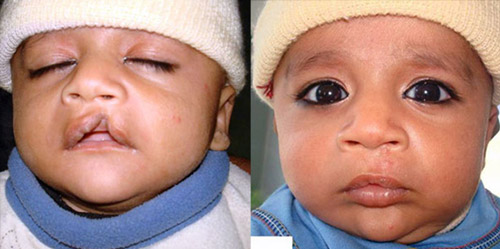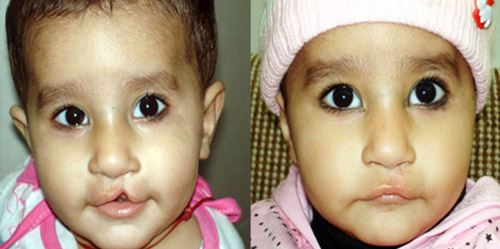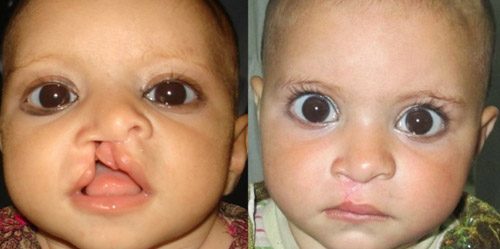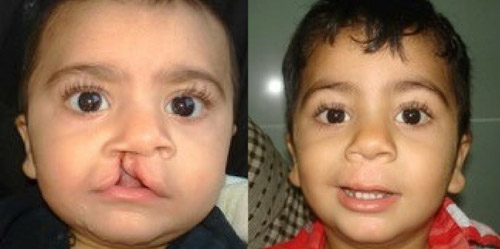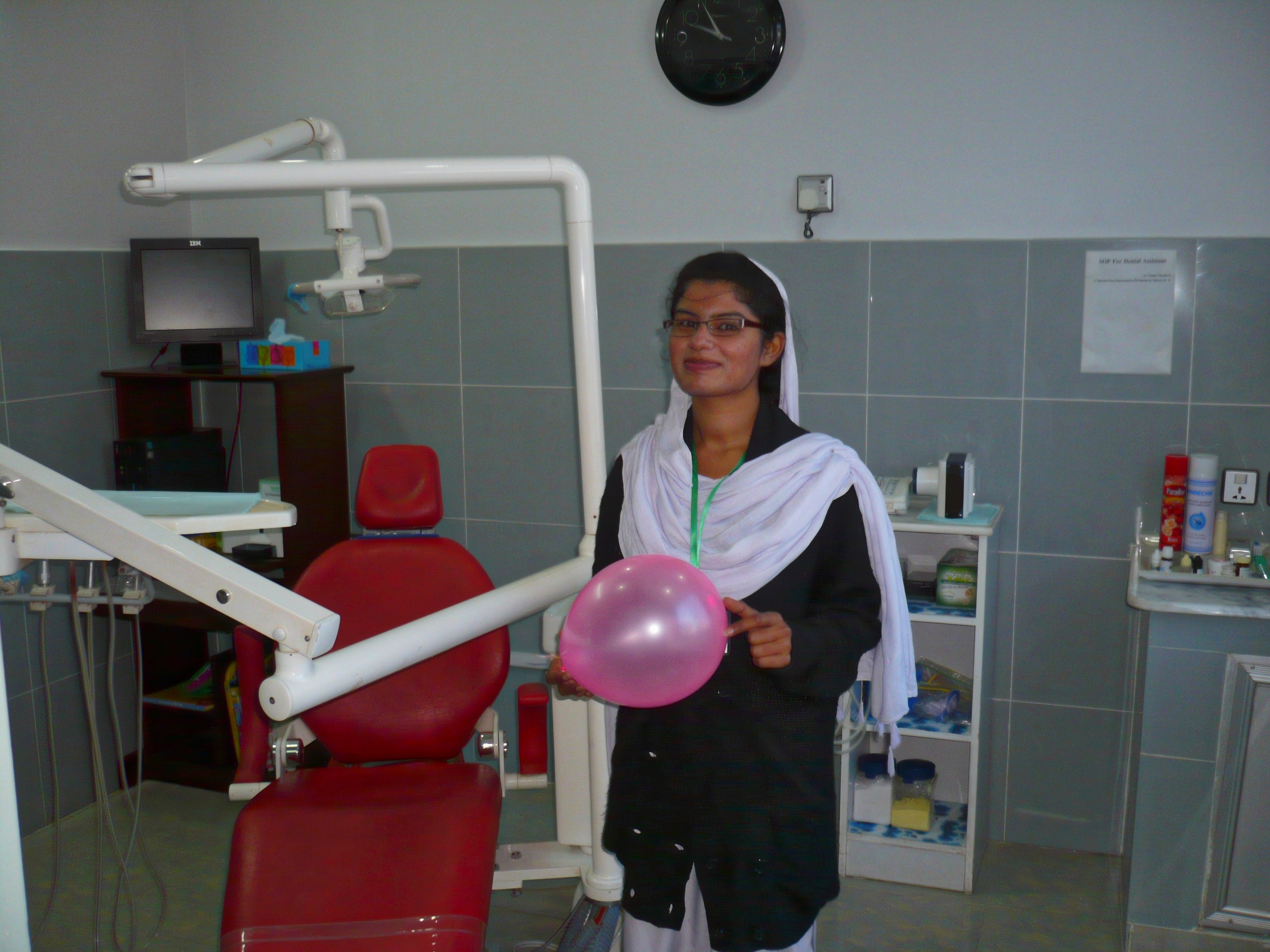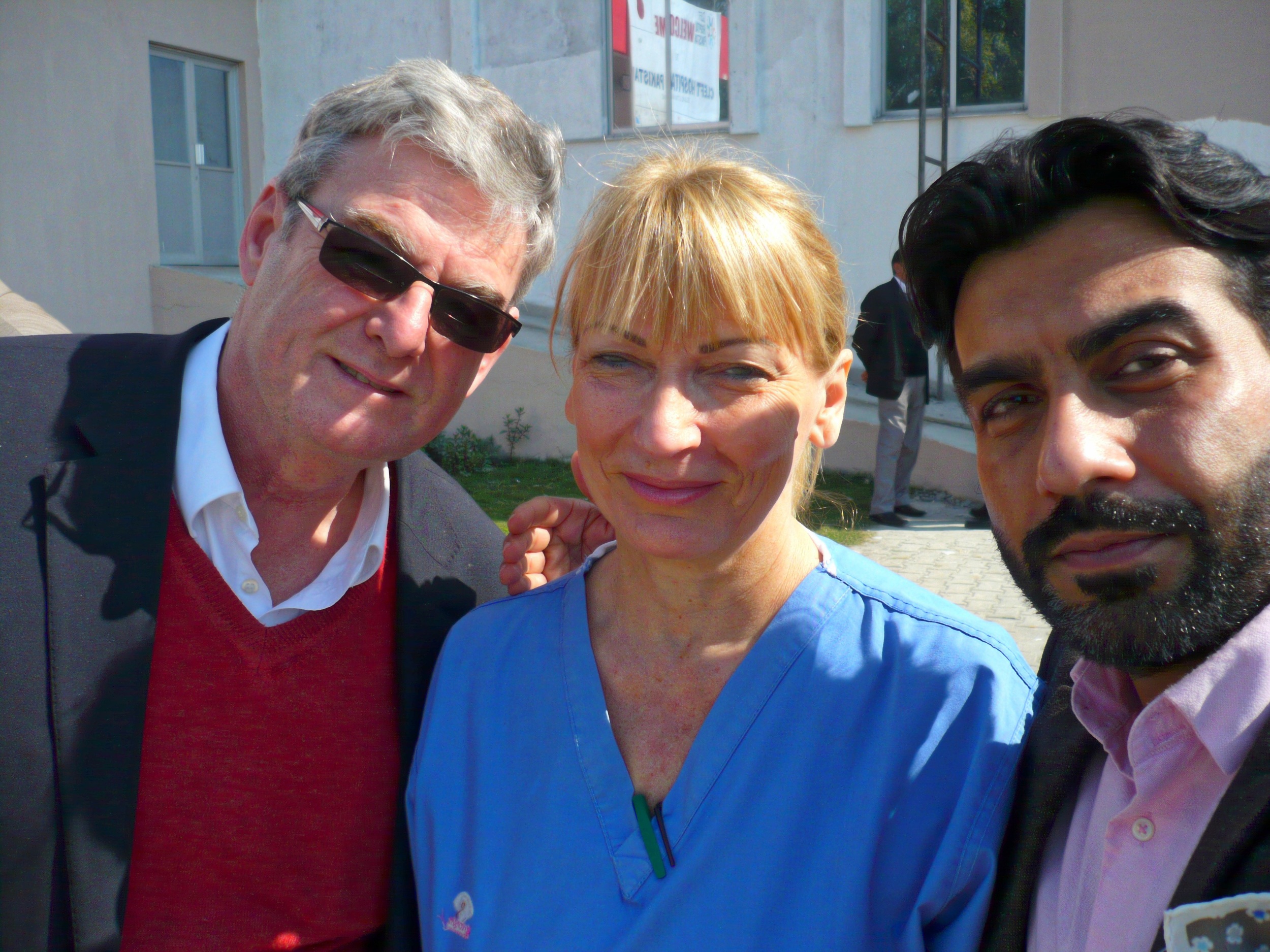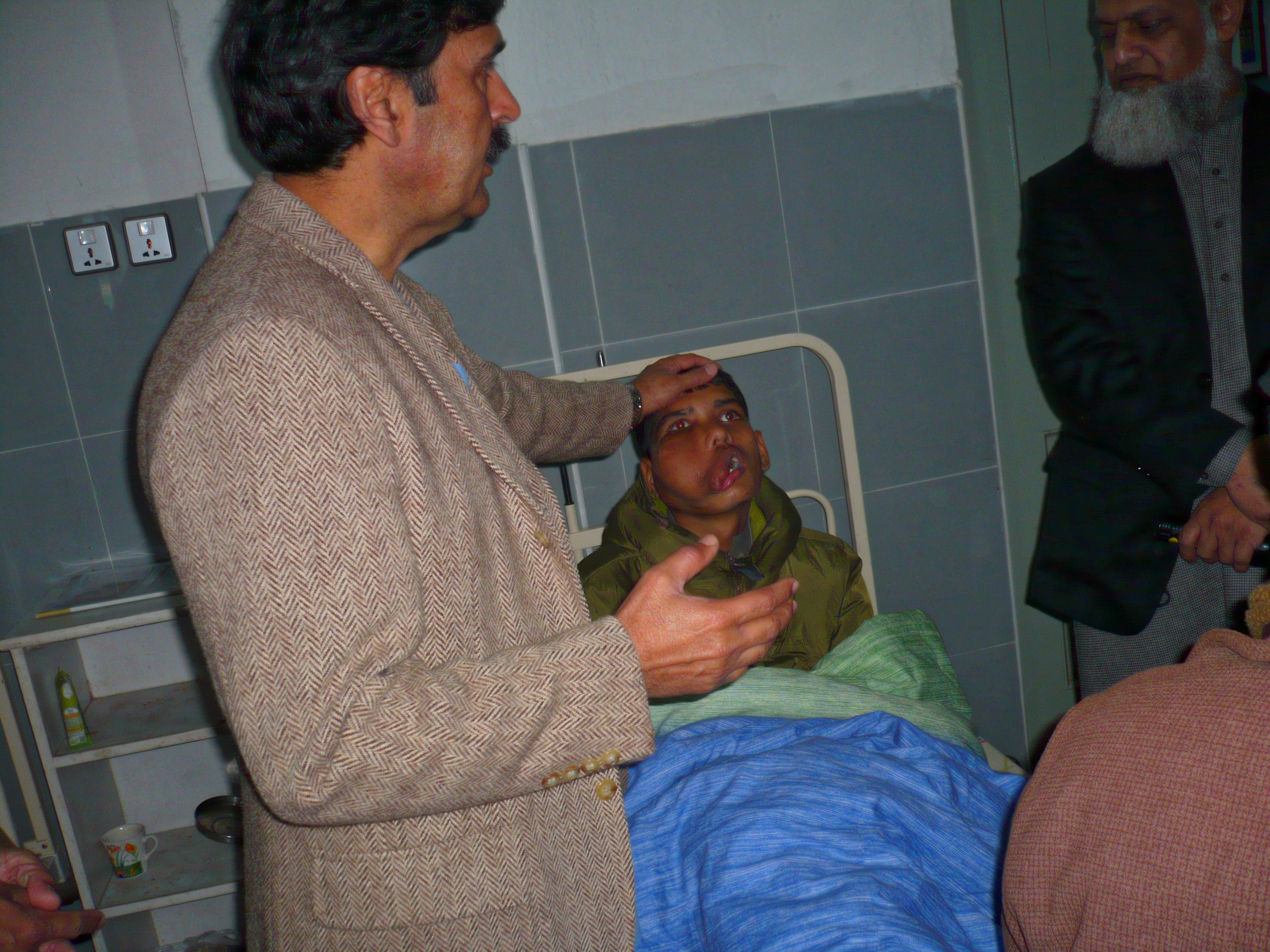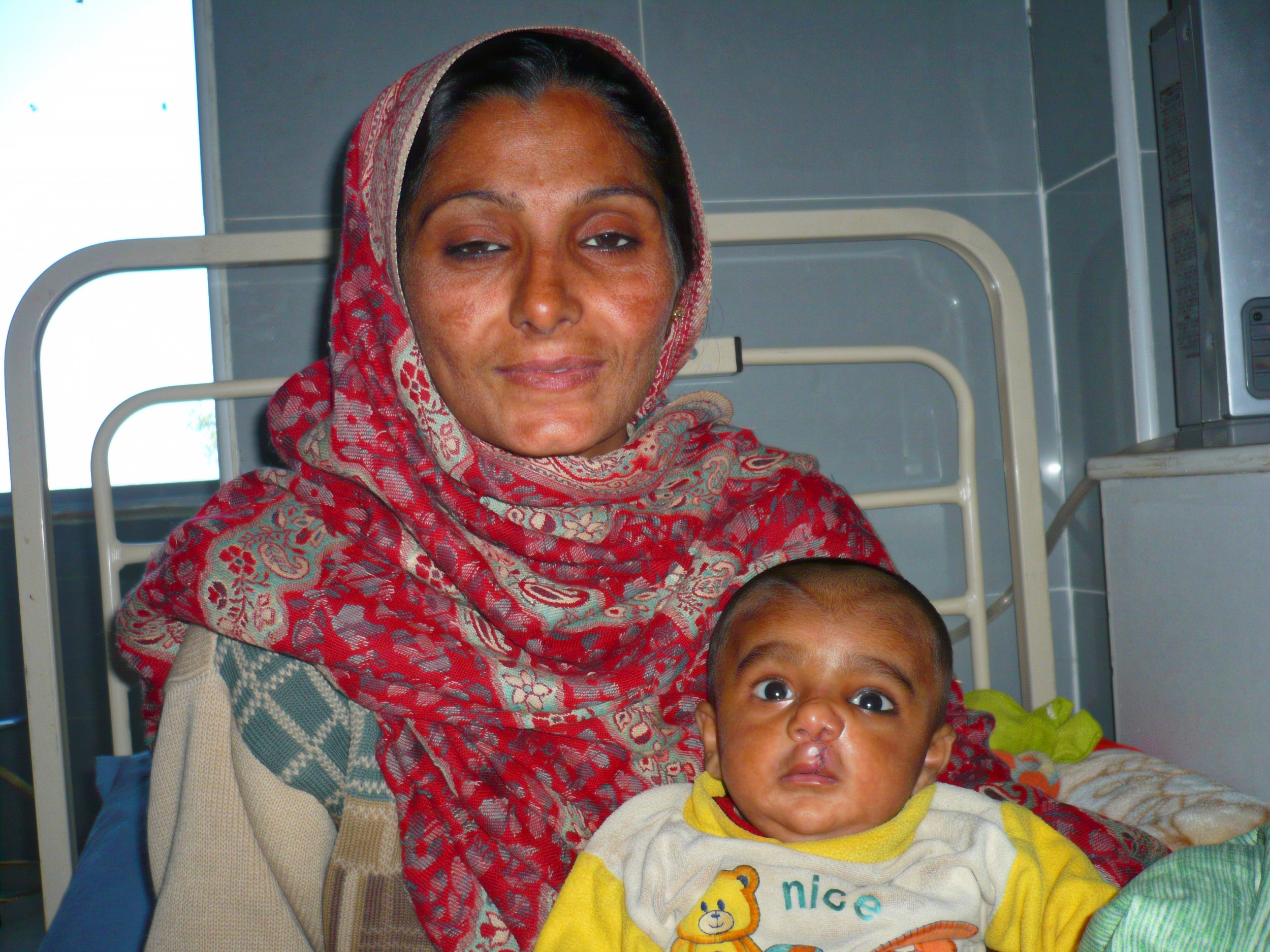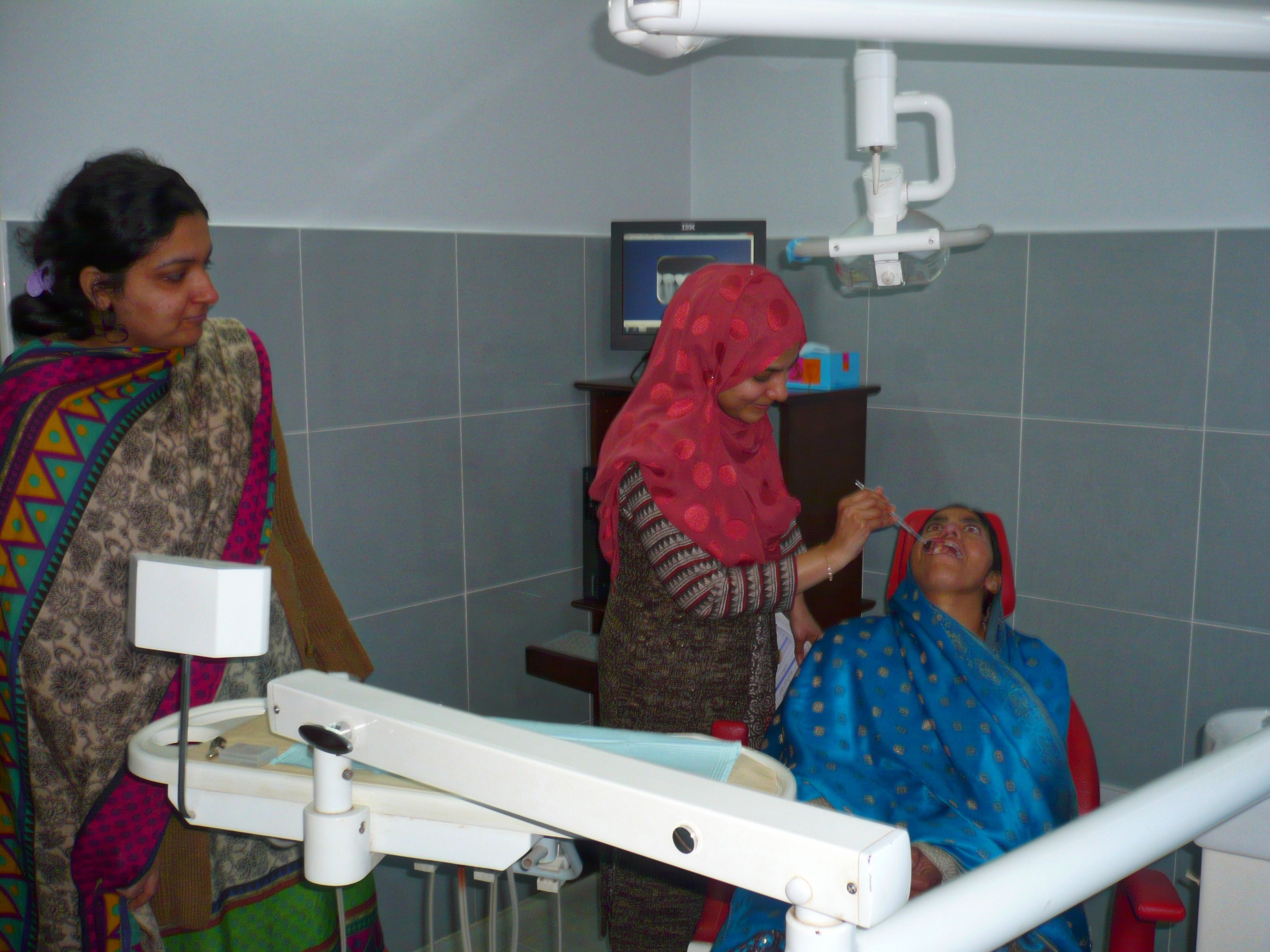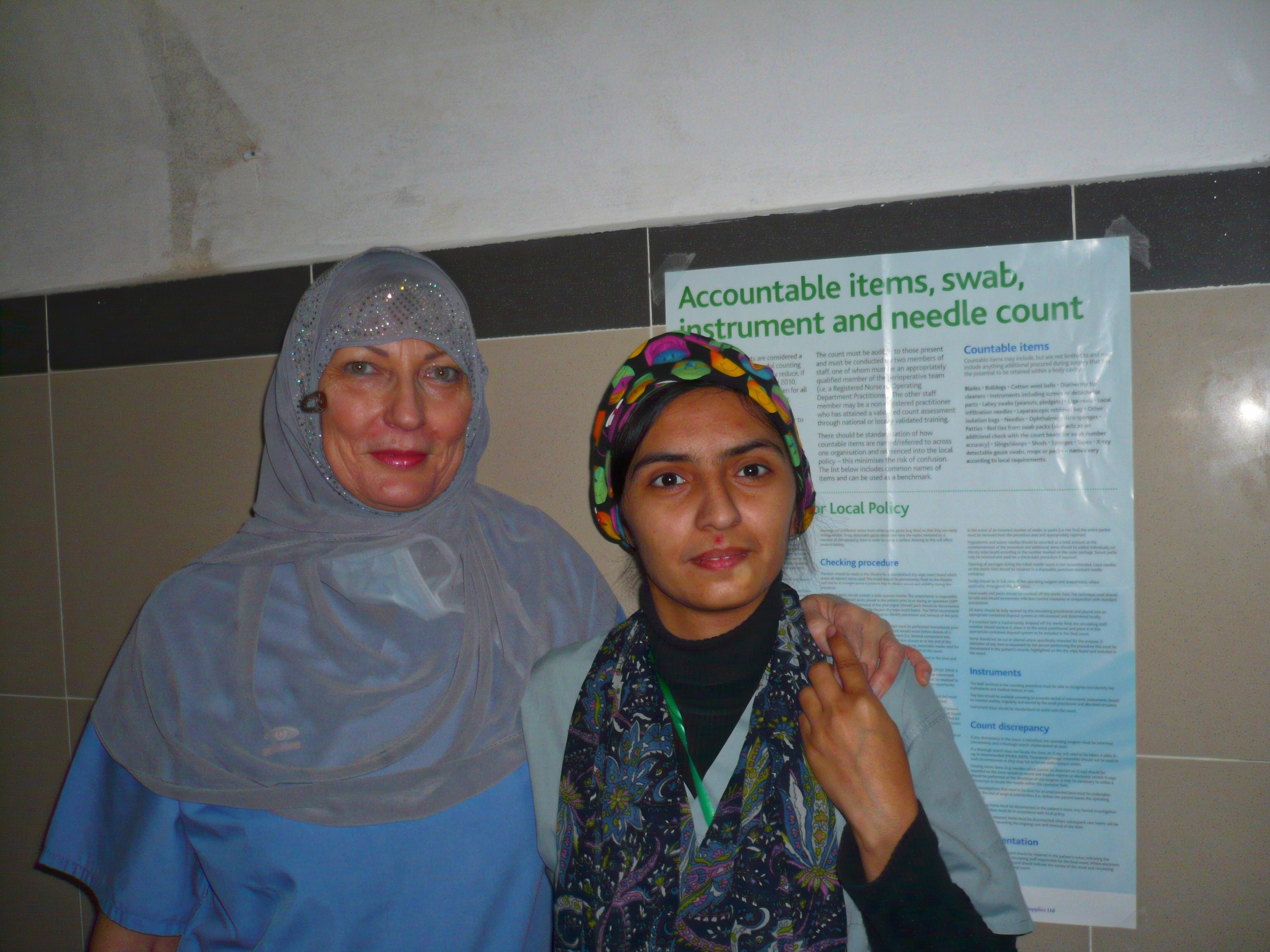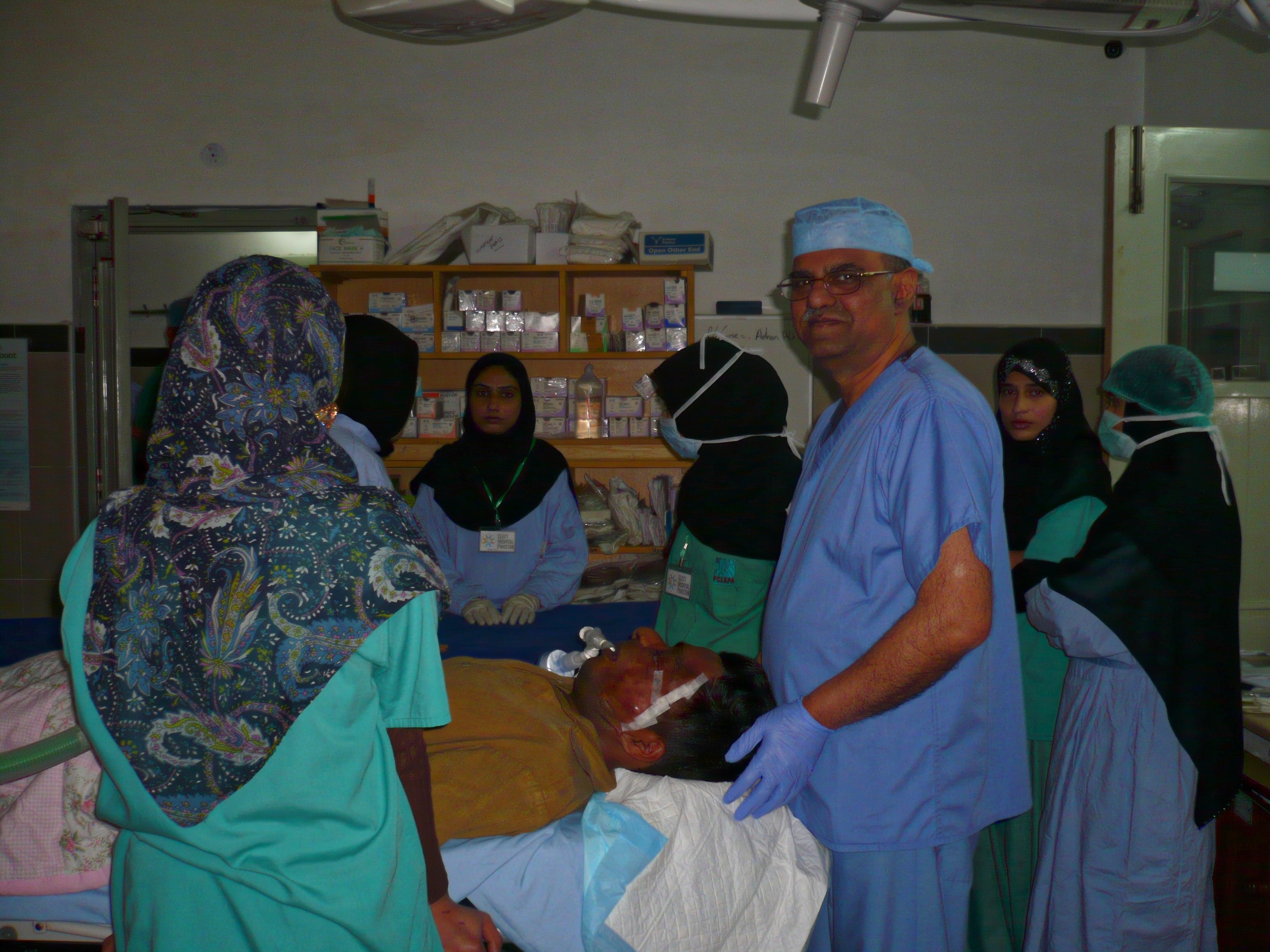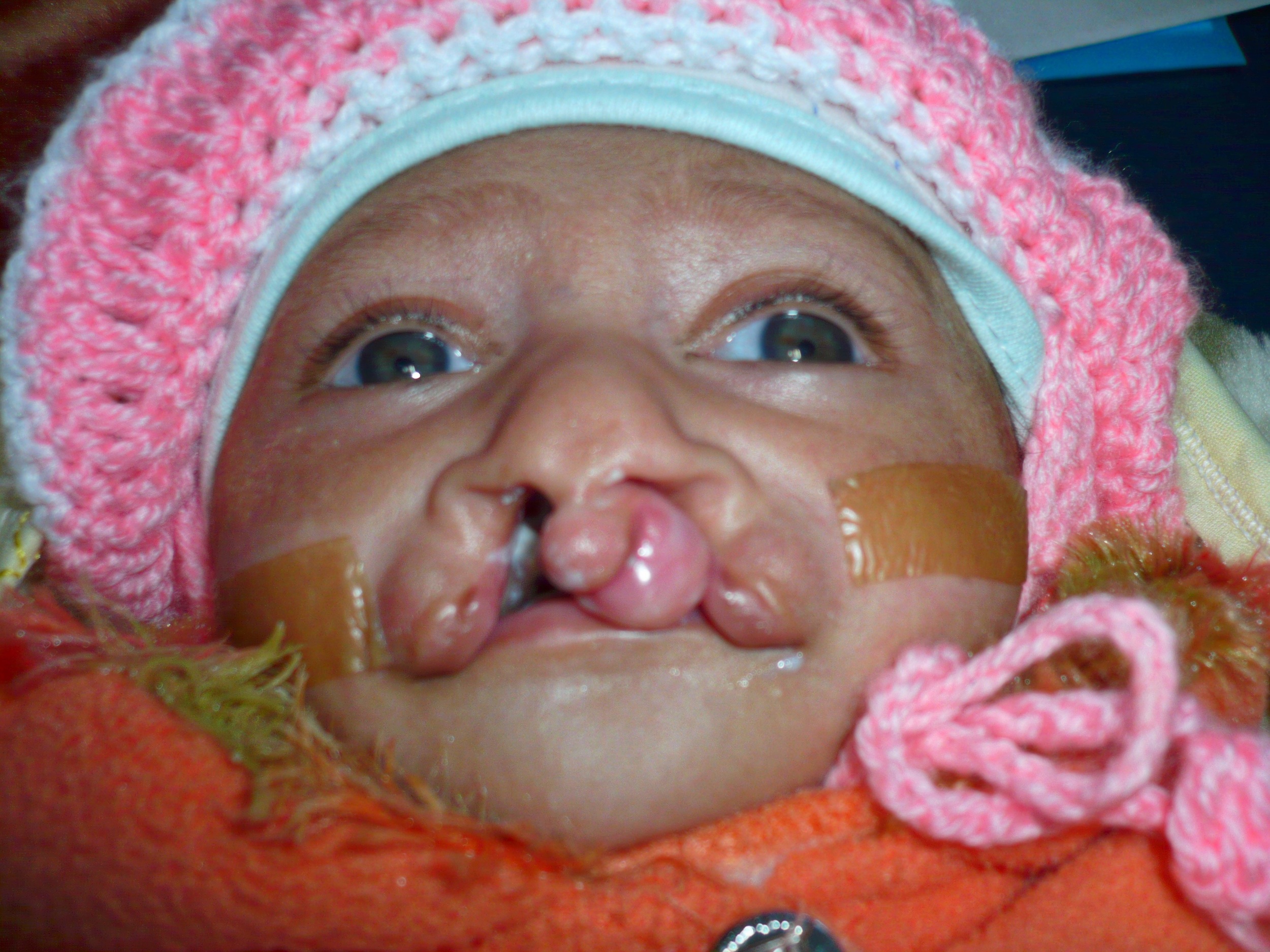In February 2015, the team visited Gujrat again for the Free Cleft Lip and Palate Plastic Surgery Camp. The team included Mr Muhammad Riaz, lead consultant cleft surgeon, Dr Zahid Rafique, leading consultant anaesthetist & Mr Nick Hart, a former cleft surgeon and Chairman of OPSA (now retired from surgery).
There was also a visiting cleft surgeon, Mr Tariq Ahmad, who spent the week with the team operating from dawn until dusk. Mr Ahmad, who was born in Pakistan, is an Ear, & Nose & Throat Consultant Surgeon in Oxford, who is also the dedicated cleft surgeon for the region, so perfect for the job! He worked tirelessly alongside the rest of the team, usually 12 hours a day. He was excellent value for money, as he gave of his time, as the remainder of the team, for free.
Mr Hart was kept busy raising the profile of PCLAPA and the new dedicated Cleft Hospital, to those who may know little or nothing about the service. We have to remember that Pakistan is a huge country (population circa – 176,500,000 compared with the UK – circa 67,000,000), so efforts have to be made to make the general population aware of this state-of-the-art facility.
He presented to the students at the University of Gujrat, who were fascinated by his talk as so many of them had never even heard of the hugely disfiguring deformities these patients are unfortunately born with.
Dr Rafique was kept extremely busy in Theatres all day, along with his senior colleague Dr Shahid Tariq (a consultant paediatric anaesthetist in Newry, Northern Ireland). Between them, they manage the anaesthetic service. They both sleep over at the hospital every night during the camp, to be on-hand in the event of an emergency, to support the Recovery & Ward staff.
There were some visiting local junior doctors, who spent time in theatre working with Dr Rafique and Dr Tariq. They were ‘blown away’ by the equipment we use (in a favourable way!). Just to put it into perspective all of it is second-hand, and which OPSA has purchased over the years in the UK, and brought with us. Most of the hospitals in Pakistan do not have this standard of equipment. Back in the UK, this equipment has been superceded.
Here are some photos from the latest mission:


